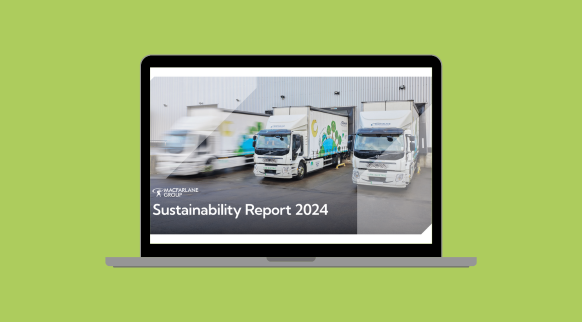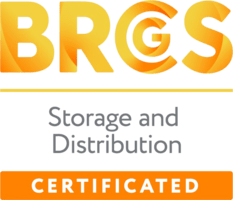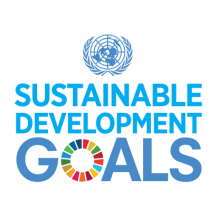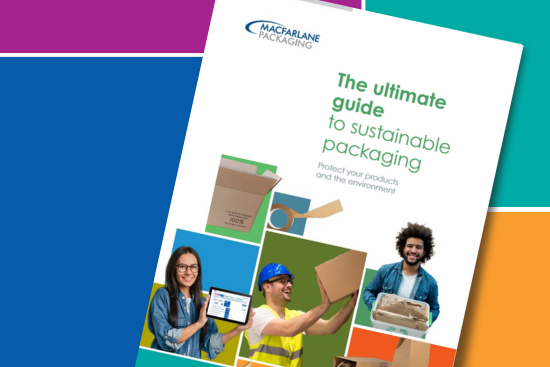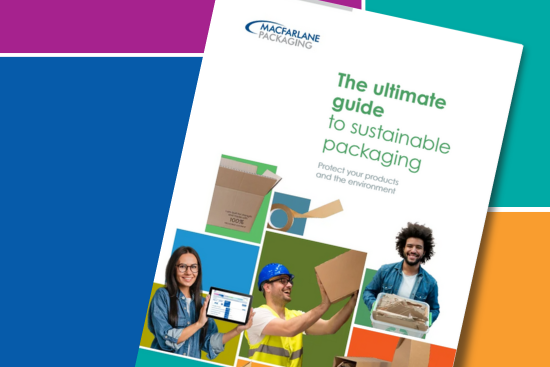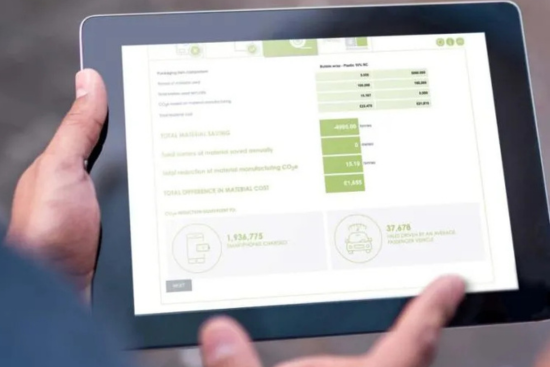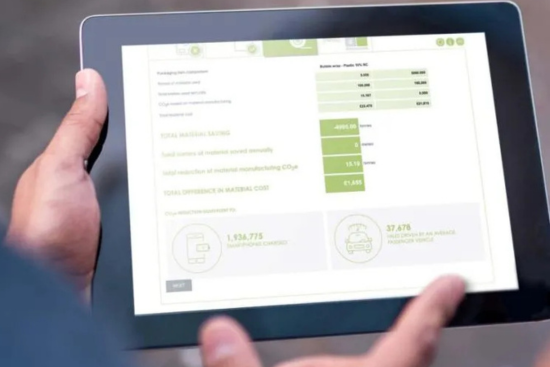Our Sustainability Commitment
At Macfarlane Group we are committed to improving the sustainability of our business. We are improving the efficiency of our operations, investing in renewables and helping lead the transition to alternative fuels which will be required for a more sustainable world.
Sustainability is core to our business with our innovative products and solutions designed to add value while also reducing environmental impact.
As a designer, manufacturer and distributor of protective packaging we are extremely well placed to support our customers in delivering against their sustainability goals; providing expert advice that you can trust and solutions that work.
We are changing processes, changing materials and changing minds to help businesses to plan for a better future.
Our 2024 Sustainability highlights


CO2 reduction
32% reduction in carbon emissions since 2019.


Accident frequency rate
58% reduction in Accident Frequency Rate since 2016


Electric vehicles
9 fully electirc delivery trucks (2023:5)


EcoVadis
Top 10% of businesses assessed globally by EcoVadis on sustainability issues


Sustainability training
350+ hours of sustainability training provided to customers.


Customer satisfaction
62 – our average Net Promoter Score for 2024 (2023:60).


Gender pay gap
<1% gender pay gap
(UK average 2024: 7%)


Climate reporting
11/11 disclosures met under TCFD¹ climate reporting best practice framework


Renewable energy sources
86% of our energy now comes from renewable sources. (2023:89%)
Our Sustainability Strategy
Our sustainability strategy is based around six key pillars. These are split out across the three key areas of environmental, social and governance (‘ESG’) matters that are of most relevance to the Macfarlane Group.
Reducing the environmental impact of our operations
Transforming our operations to minimise the environmental impact for which we are directly responsible
Supporting our customers
Providing our customers with expert and independent advice that they can trust, enabling them to deliver against their own sustainability objectives.
Partnering with suppliers
Collaborating with our suppliers to reduce their environmental impact and, over time, pivoting our supply base towards those that can demonstrate the highest standards
Caring for our colleagues
Prioritising the wellbeing of our colleagues focusing on colleague development and engagement and striving to create a supportive, safe and inclusive culture.
Investing in the community
As a business connected within local communities we will continue to invest in those communities and support our colleagues to do the same.
Doing things the right way
We will continue to be led by our core values, embracing best practice for an organisation of our size and maintaining the highest standards of governance



